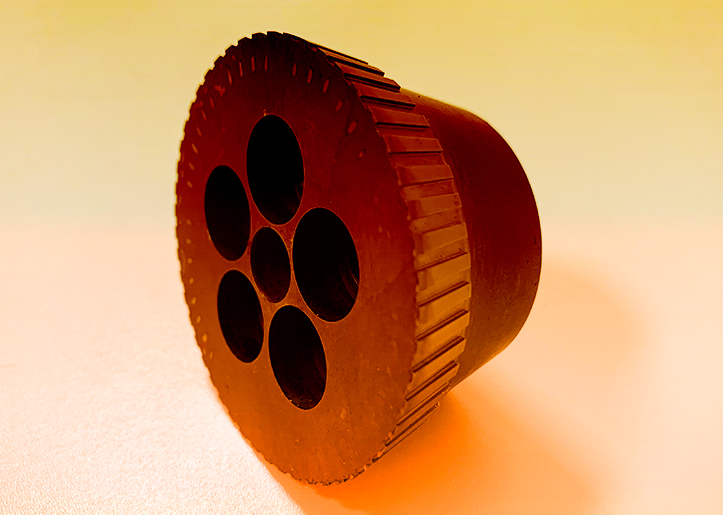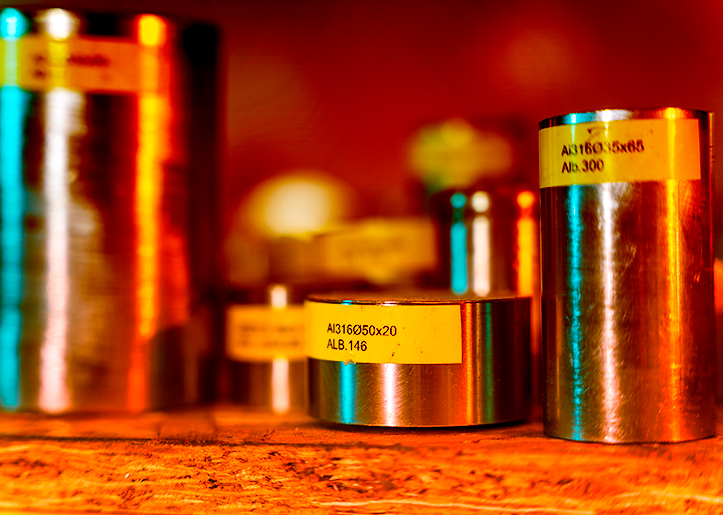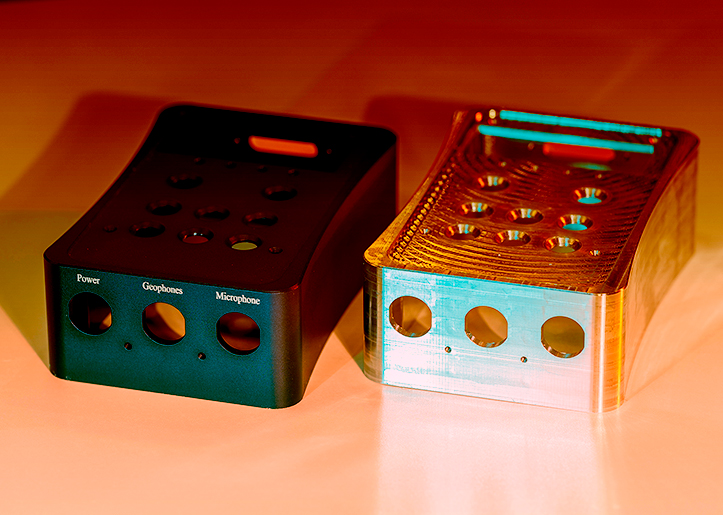Tempering is a heat treatment that is carried out on steel after hardening to achieve…

What is CNC machining and what is it used for? | EONSI
CNC machining is the control of machines and tools by computer to perform different operations on an industrial part.
CNC machining: what it is, the process and what it is used for.
Machining is an industrial process of obtaining parts from materials as diverse as plastic or metal, using tools such as a lathe, drill or milling machine, the raw material is removed and moulded until the finished part is obtained. But what is CNC machining? When we use software and computers to automate and control the entire process of machining parts, we are talking about CNC machining or computer numerical control machining. This automated process has facilitated its extension and use in sectors as diverse as the aeronautical, wind power, agri-food, construction and railway industries, among others.
What is CNC machining?
CNC machining is the creation of parts by subtracting material from a blank on a computer-controlled machine tool. The term CNC stands for computer numerical control as the machine has a software program that controls the entire process. This manufacturing process allows parts of different sizes to be produced with high precision and complexity, and is suitable for various materials such as metals, different types of steel, plastics and even wood. This process can perform different operations such as CNC milling, CNC turning, CNC grinding or CNC drilling, among the most common ones.
CNC machining characteristics
The most important characteristic of CNC machining is that it is a computer-controlled process which allows for greater efficiency, precision and quality of the parts compared to traditional machining. The specialised software used in this process allows for highly accurate results, which would be difficult to achieve manually. Numerical control facilitates, optimises and speeds up the machining process, and CNC machining allows the process to be modified at any time before the part is finished.
Applications of numerical control machining
Numerical control machining has automated the manufacturing process of high precision parts. CNC machining’s versatility has led to its use in different types of industries and sectors such as aeronautics, wind energy, construction, railways, pharmaceuticals, food, metalworking, among others.
CNC machining advantages
The advantages of CNC machining over conventional machining are:
- Speed. CNC machines can operate 24 hours a day, as human intervention is minimal, and they also allow different operations to be combined on the same machine tool, shortening production times.
- Safety. Operator intervention with the machine is minimal, reducing occupational risk.
- Reliability. The risk of human error is reduced as almost the entire process is computer-controlled.
- Cost reduction. Automation reduces the cost of the final product, especially in large print runs.
- Efficiency. Tool changes are faster than in conventional machining, even machining changes can be made easily by modifying the software.
- Perfection. Precision specifications and product quality are identical throughout the process.
CNC machining of parts, how is it done?
CNC machining is a process in which several operations are performed to obtain the finished part.
- Design. CAD software is used to create a 2D or 3D model of the part to be machined. This programme allows the creation of models with the technical characteristics necessary to produce the final part.
- CNC programming. Once we have the CAD design, it is necessary to translate it into the programming language of the CNC machine, one of the most widely used is G-Code. This process is done with the computer aided manufacturing program (CAM) that extracts all the information and generates the digital programming code with which the CNC machine is controlled and manipulates the tools necessary in the machining process.
- CNC machine configuration. Before executing the machining programme, the machine is prepared by setting the workpiece and the tools required to carry out the defined operations.
- CNC machining. The machine is ready and this is the moment when the operator executes the program from the point indicated by him for the machining of the part. The program is responsible for guiding the machine throughout the process.
Which machines are involved in the machining process?
Several machines are used to carry out the CNC machining process, among the most common ones:
- CNC milling machine. One of the most versatile machines, it is responsible for making precise cuts along 3 axes, usually making flat parts.
- CNC lathe. While turning the material the tool moves in 2 axes to cut cylindrical parts.
- CNC Drill. Similar to the milling machine, only the CNC drill is specially designed to cut along one axis.
- CNC grinding machine. After cutting the workpiece, this machine takes care of the final finishing on the surface of the workpiece with a grinding wheel.
Numerical control machining in the development of industry
Machining development was instrumental in the manufacture of increasingly complex parts for machinery and tooling in specialised sectors such as the aerospace industry. Other technological advances such as integrated circuits, chips and microprocessors favoured machine tool development, consolidating the metal industry, and thanks to numerical control machining, productivity increased and manufacturing costs were reduced, extending its use to other sectors. CNC machining has changed manufacturing, making it more efficient and faster, and has given a boost to the whole industry in fields as diverse as medicine, railways, agri-food, renewable energies, furniture, machinery, among others.
CNC machining experts
EONSI specialises in CNC machining services. We design and produce parts in a wide variety of materials and sizes, and we also have advanced technology that allows us to respond to the challenges of the most demanding machining with the efficiency, productivity and quality that our customers demand. We manufacture highly complex parts, controlled and verified by our quality control department, offering a final result with all the guarantees. Contact us and discover the advantages of CNC machining at EONSI.



